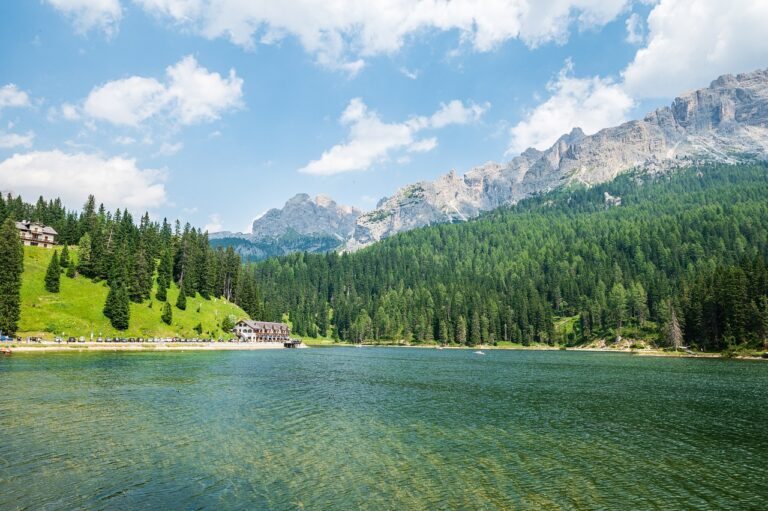Preserving Marine Ecosystems: Responsible Diving and Snorkeling Practices
Marine ecosystems play a crucial role in maintaining the health of our planet. From providing oxygen through photosynthesis to supporting biodiversity, these underwater environments are essential for the balance of life on Earth. Coral reefs, seagrass beds, and mangrove forests are just a few examples of the diverse habitats that make up marine ecosystems, each with its unique contributions to the overall ecosystem.
Furthermore, marine ecosystems are also vital for the global economy, supporting industries such as fishing, tourism, and pharmaceuticals. Millions of people rely on marine resources for their livelihoods, making the protection and conservation of these habitats even more critical. By recognizing and understanding the importance of marine ecosystems, we can work towards preserving these invaluable natural treasures for future generations.
Understanding the Fragile Balance
Marine ecosystems are complex networks of interconnected species that rely on each other for survival. Each component, from the smallest plankton to the largest whale, plays a crucial role in maintaining the delicate balance of the ecosystem. When one species is affected, it can have a domino effect on the entire system, leading to potentially devastating consequences.
Human activities, such as overfishing and pollution, disrupt this fragile balance by depleting key species and altering habitats. As a result, marine ecosystems struggle to recover, leading to declines in biodiversity and ecosystem health. It is essential for us to understand and respect the intricate web of life in our oceans to ensure the long-term sustainability of these vital ecosystems.
• Overfishing and pollution disrupt the delicate balance of marine ecosystems
• Depleting key species and altering habitats can have devastating consequences
• Understanding and respecting the intricate web of life in oceans is crucial for long-term sustainability
Impacts of Irresponsible Diving and Snorkeling
Many marine enthusiasts have the privilege of exploring the stunning underwater world through activities like diving and snorkeling. However, when done irresponsibly, these activities can have detrimental impacts on fragile marine ecosystems. The simple act of touching or removing marine life can disrupt their natural behaviors and even cause harm to them, potentially leading to long-term imbalances in the marine ecosystem.
Additionally, careless diving practices such as kicking up sediments or anchoring on sensitive coral reefs can result in damage to the physical environment. Coral reefs, in particular, are highly vulnerable to these disturbances, as they rely on clear waters and careful balance to thrive. Irresponsible diving and snorkeling not only endanger the marine life we admire but also threaten the overall health and resilience of our precious marine ecosystems.
What are some of the negative impacts of irresponsible diving and snorkeling on marine ecosystems?
Irresponsible diving and snorkeling can lead to habitat destruction, disturbance of marine life, pollution from sunscreen and litter, and damage to coral reefs.
How does irresponsible diving and snorkeling affect the delicate balance of marine ecosystems?
By touching or stepping on corals, disturbing marine animals, and leaving behind trash, irresponsible divers and snorkelers can disrupt the delicate balance of marine ecosystems and harm the biodiversity within them.
What can be done to minimize the impacts of irresponsible diving and snorkeling?
Divers and snorkelers can follow responsible diving practices, such as not touching corals or marine life, properly disposing of trash, using reef-safe sunscreen, and supporting sustainable diving operators.
Why is it important to protect marine ecosystems from the negative impacts of irresponsible diving and snorkeling?
Marine ecosystems are vital for maintaining biodiversity, supporting fisheries, and regulating the Earth’s climate. Protecting these ecosystems ensures a healthy environment for marine life and future generations.





